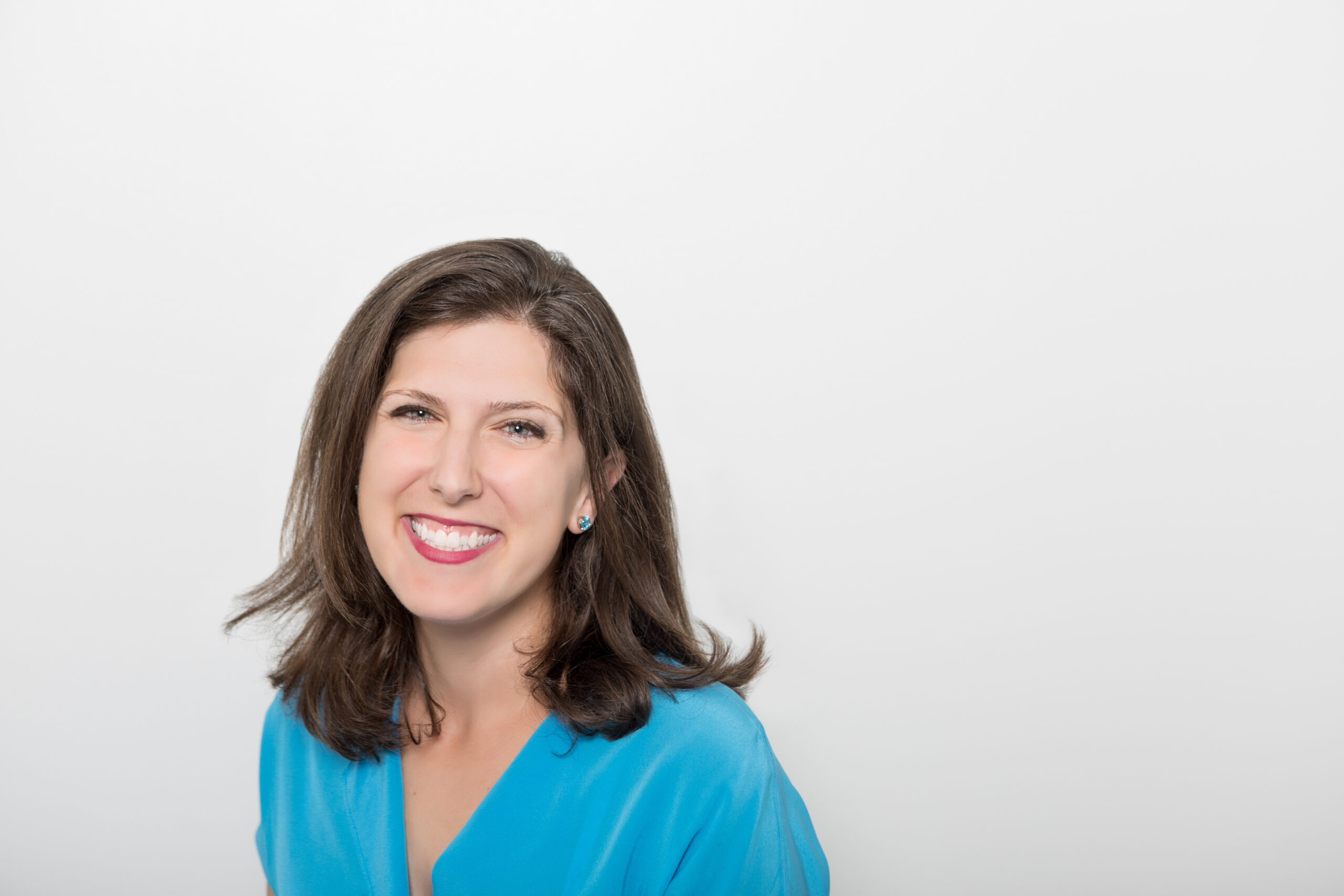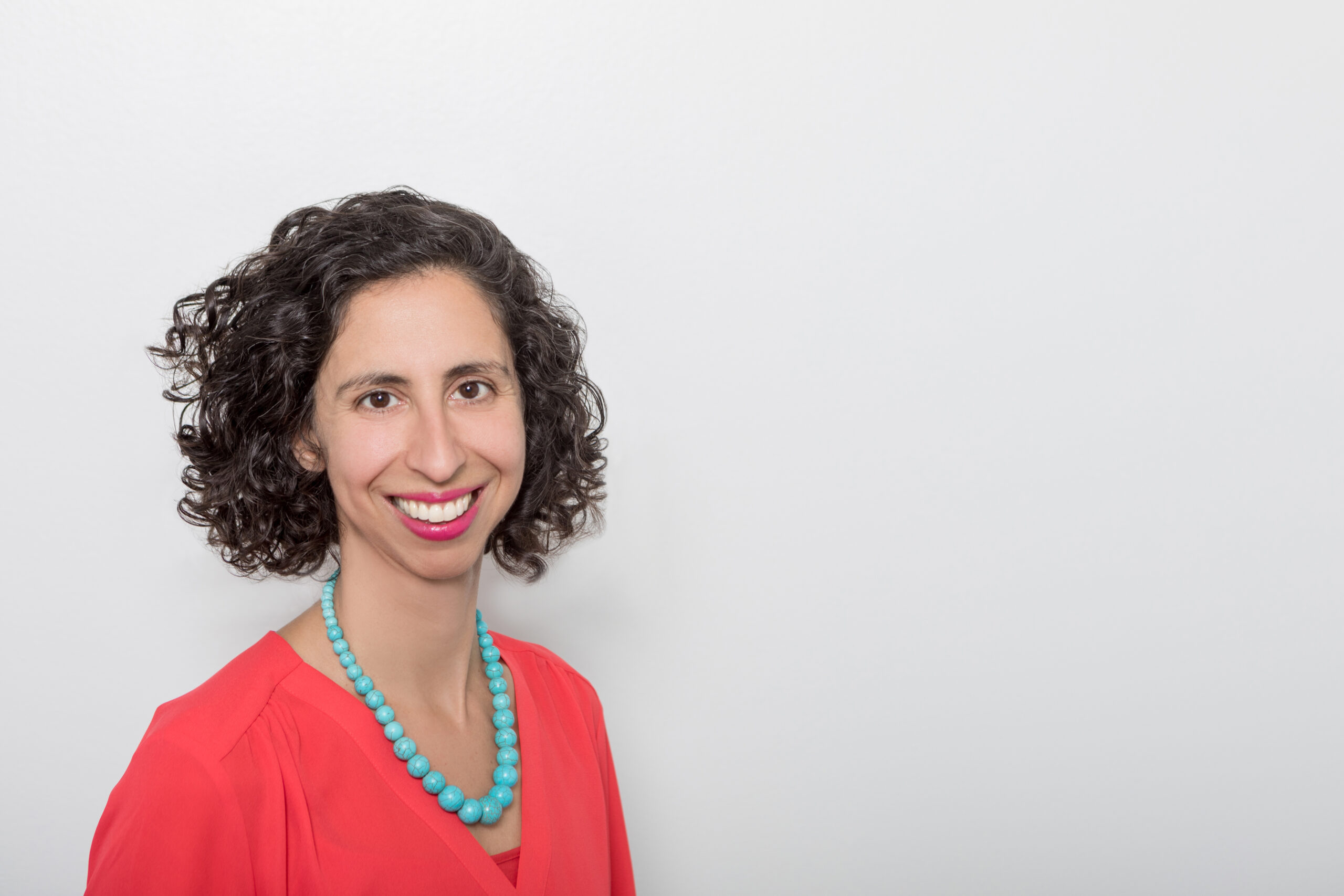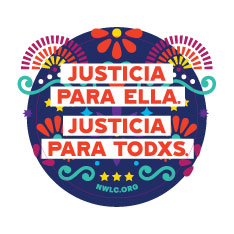Abortion rights, women of color, and LGBTQI+ people are under attack. Pledge to join us in fighting for gender justice.
Asking the Wrong Questions: Abortion, Child Care, and the Narrative of Shame
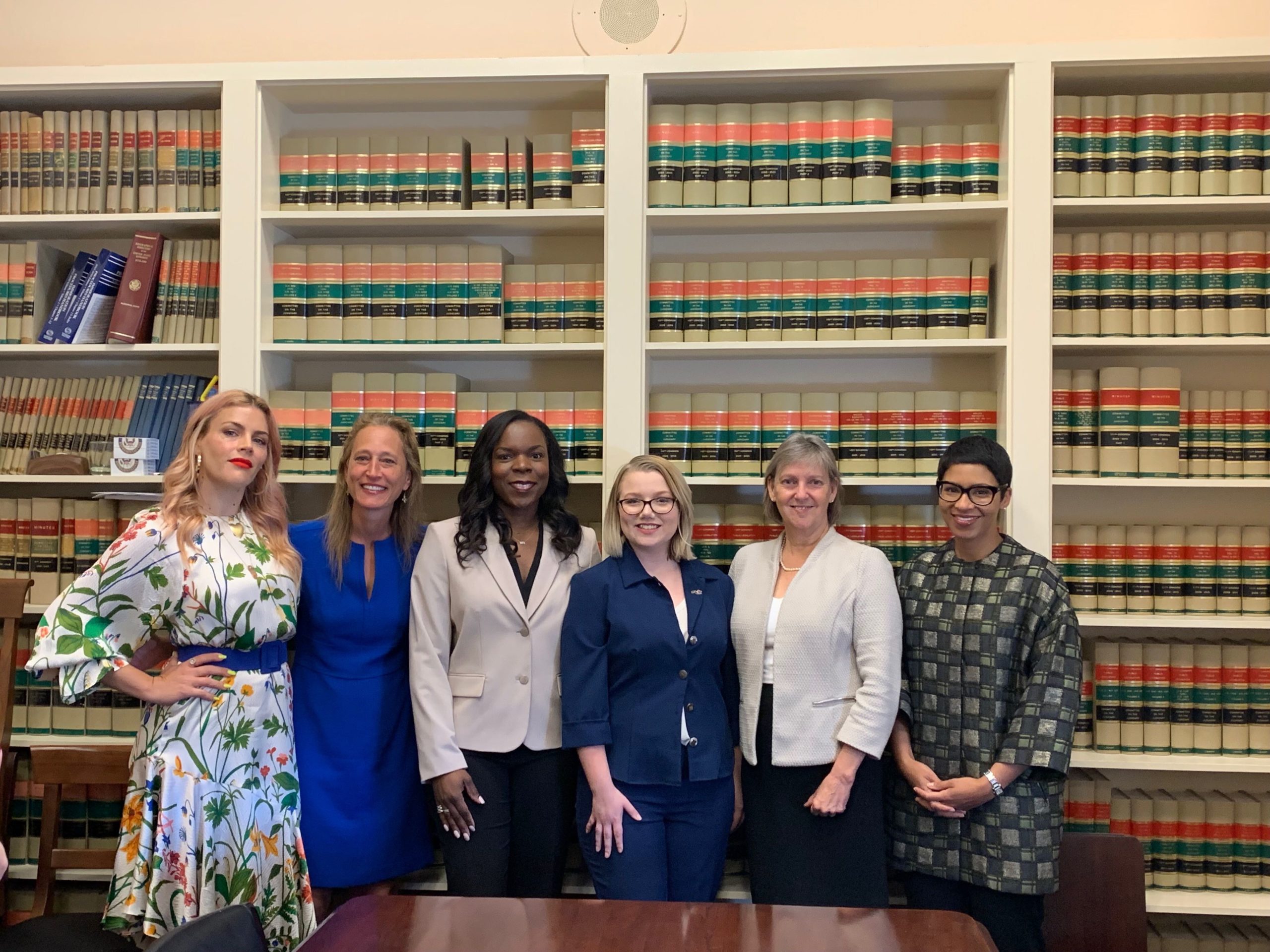
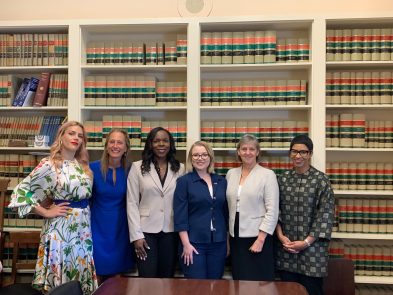
“Shamed no matter which decision I made.”
Those were the harrowing words of H.K. Gray, a young mother who overcame multiple hurdles to get an abortion, as she testified before Congress recently. And those words stuck with us.
Because whether it’s a debate on abortion or child care, whether it’s in our personal lives or in professional settings, “Shamed no matter which decision I made” is a feeling we know all too well.
Why do you have so many children? Why don’t you have kids? Why did you have an abortion? Why did you have kids when you can’t afford them? Couldn’t you have just given the baby up for adoption? Why don’t you “work”? Why do you work so much (after all, your kids won’t be this young forever!)? How could you leave your child in that kind of setting?
As women, we have heard and overheard versions of these contradictory questions at family gatherings, in houses of worship, and at backyard BBQs. As advocates for access to abortion and high-quality, affordable child care, we’ve heard them in congressional hearings, in media debates, and on social media platforms.
And whether it’s a debate on abortion or child care, whether it’s in our personal lives or in professional settings, the thread that unites these questions is shame. It’s an accusation. It’s judgement. And let’s be real, it’s patronizing as all hell.
For too long, these questions have shamed us into silence. Many have been silent when seeking abortion care. Stayed silent after receiving the care. The national conversation about abortion is always centered around others thinking they know what’s best for the people who actually need an abortion. (A go-to refrain: “I’ve never needed one, but I would never have an abortion.”)
Similarly, many of us have been shamed into silence as we are asked about whether or not we will “work” after having kids (in a country where two-thirds of families rely on a mother’s earnings and there is no national paid family leave or consistent access to affordable, high-quality child care) or why we had kids we couldn’t afford (when every other advanced nation has basic family-friendly supports for parents regardless of income).
Whether asked from a place of judgment or ignorance, whether the question comes from those we love or those in power, shame silences people.
And when it comes from those who write our laws, enforce our rules and norms, and sit on our courts, shame becomes weaponized as a tool of political power.
Because when you suffer in silence due to shame, you aren’t able to unite to challenge the status quo – to demand reproductive health and justice, significant investments in affordable, high quality child care, and a range of other priorities core to gender equality.
And when stuck in the muck of shame, we don’t demand answers to the questions we should be asking that are rooted in dignity.
How can we make sure that ALL work is dignified and safe? How can we best support ALL individuals deciding if, when, and how to create their families – including chosen families? How do we connect the fights for reproductive health care with the fights for child care, paid family leave, equal pay, taxes, and more?
So to the woman who has had or may have an abortion, to the woman who is trying to figure out the caregiving plans for her child, and to the many women who fall into BOTH categories: we see you, we know you, and we will walk with you in our efforts to ensure that our policies, laws, and culture are asking – and providing solutions – rooted in our dignity.
We say #NoShame.


